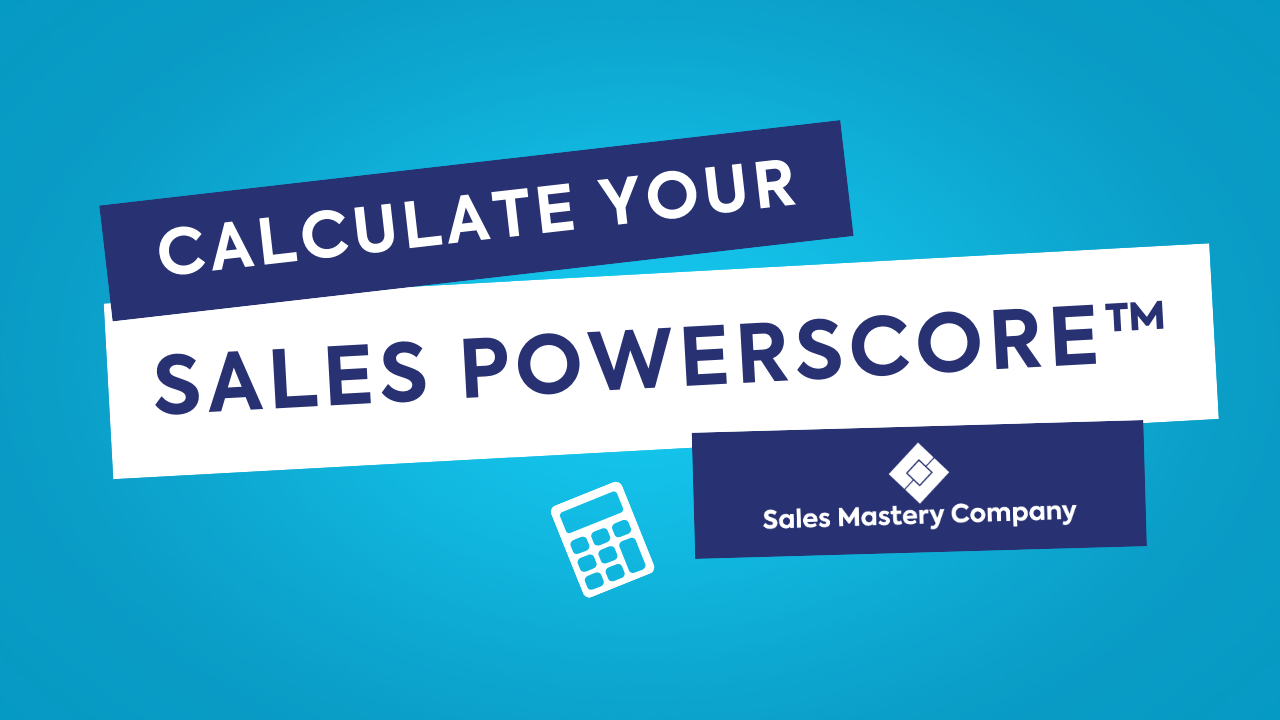Understanding the Psychology of B2B Buyers: What Drives Their Decisions?

The world of B2B sales is changing faster than ever. Buyer behaviors, expectations, and decision-making processes are evolving driven by new technologies, economic uncertainty, and the increasing role of AI. Time and again we get asked "What's driving buyer decisions?” and “What won’t clients say yes faster?”
If you’re still using outdated sales techniques, you’re not just falling behind, you're losing deals. Understanding what truly drives B2B buyers is the key to staying ahead.
B2B Buyers Are More Skeptical Than Ever
Trust in salespeople has been declining for years. In 2025, only 32% of B2B buyers consider sales reps as a valuable resource when making purchasing decisions (Gartner). This skepticism is fueled by:
- The rise of self-service research – Buyers now prefer to gather information independently before engaging with sales.
- Overuse of pushy, outdated sales tactics – Hard selling and generic pitches turn buyers off immediately.
- An overwhelming amount of competing solutions – Buyers are bombarded with options, making them more cautious.
The Fix: Build trust by providing real value. Instead of focusing on the sale, focus on guiding the buyer’s decision-making process. Position yourself as a consultant rather than a salesperson. This is easier said that done (teaching salespeople to position themselves as value-adding consultants has been at the heart of our sales training for 2 decades). One area to master is intelligent, well-worded, well-timed, challenging questions, for example.
Emotions Drive B2B Buying More Than Logic
There’s a long-standing myth that B2B buyers are completely rational, making decisions based purely on numbers and ROI calculations. Another school of thought suggests that buyers are entirely emotional. Neuroscience tells us that:
- 95% of purchasing decisions are subconscious and emotionally driven (Harvard Business School).
- Buyers justify decisions with logic—but the initial attraction, trust, and confidence in a vendor are built on emotions.
- Fear of failure plays a major role—80% of B2B buyers say avoiding a bad decision is more important than getting the best deal (CB Insights).
The Fix: Use storytelling to create emotional engagement. Instead of listing features, show how your solution solves real pain points = benefits. Case studies, testimonials, and other forms of social proof all help trigger emotional responses that lead to action. Our Persuasive Selling Process helps salespeople sell to both the buyer’s head and the buyer’s heart. We stand by that approach to this day… because it works: why target one area when you can target both!
Decision-Making is No Longer Individual…It’s a Team Sport
In the past, a single decision-maker could greenlight a deal. Not anymore. The average B2B purchase now involves 6-10 stakeholders (Forrester). Long-term Entreprise Selling best practice suggests 5-6 stakeholders. Each of these stakeholders has different concerns, priorities, and motivations.
- Finance teams want cost justification.
- IT teams prioritise security and integration.
- End-users care about ease of use and efficiency.
- Executives focus on big-picture ROI and risk management.
The Fix: Tailor your messaging for each type of stakeholder. Create different versions of your pitch deck, proposal, or demo that address their specific concerns. A one-size-fits-all approach will no longer work. Here’s a VERY VERY VERY common problem: most salespeople have 1-2 key contacts on a sale, but usually there are many more stakeholders. This has always been a problem that we’ve seen in under-trained salespeople.
The Rise of AI-Driven Buyers
AI is no longer just a tool for sales teams…it’s transforming how buyers make decisions. More and more B2B organizations are using AI-powered procurement systems to evaluate vendors, compare solutions, and even negotiate deals.
- 74% of B2B buyers use AI-driven data to inform purchasing decisions (McKinsey).
- AI-powered chatbots and virtual assistants now handle up to 80% of initial buyer inquiries (Gartner).
- AI helps companies detect inconsistencies, exaggerated claims, or hidden costs, making buyers more cautious and informed than ever.
The Fix: Ensure your messaging is transparent, data-driven, and AI-friendly. Be ready to provide detailed case studies, benchmarks, and hard numbers that AI-powered buyers can validate. Warning: don’t get AI-obsessed. AI is a tool, just like google.
Buyers Expect Seamless, Personalized Buying Experiences
B2B buyers are no longer willing to jump through hoops to get information, schedule a demo, or request pricing. They expect the same frictionless, digital-first experiences they get as consumers.
- 76% of B2B buyers now expect Amazon-like purchasing experiences (Salesforce).
- 60% prefer self-service options over speaking with sales people (Forrester).
- Over 80% say a poor buying experience would cause them to choose a competitor (Gartner).
The Fix: Simplify your buying process. Offer on-demand product demos, instant pricing calculators, and AI-powered chat support. Make it easy for buyers to evaluate, engage, and purchase on their terms.
Final Thoughts: The B2B Buyer Wants Confidence, Not More Information
Your buyers don’t need more sales pitches—they need clarity, confidence, and a reason to trust you. The most successful salespeople will be those who:
- Build trust with authentic, consultative approaches
- Appeal to emotions while backing claims with data-driven insights
- Adapt to AI-driven decision-making and multi-stakeholder processes
- Create seamless, friction-free buying experiences
If you’re still relying on outdated sales strategies, you’re already losing deals. It’s time to adapt, evolve, and master the new psychology of B2B buyers. We’ve spent over 20 years helping sales teams. We’re still surprised by how many have been “getting away with it”!
Need help optimising your sales strategy? Let’s talk. Email asia@salesmasterycompany.com today and we can take it from there: we have everything from free tools, to affordable quick fixes, to in-depth, hands-on, tailored solutions.








